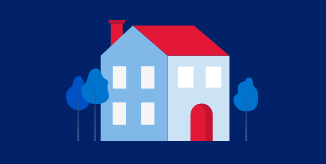Help me decide: Should I buy this?
Use tool, 3 minutes
Saving and spending decisions come up every day—enticing purchases or activities that make you ask, “Can I afford this?” Getting helpful guidance on these money decisions can be uniquely challenging because so much depends on your particular situation.
One way to figure out the right money move for you is to ask yourself a few key questions before you buy things. The interactive guide below will walk you through what to consider and share some tips and habits to help you reach the right decision for you.

















